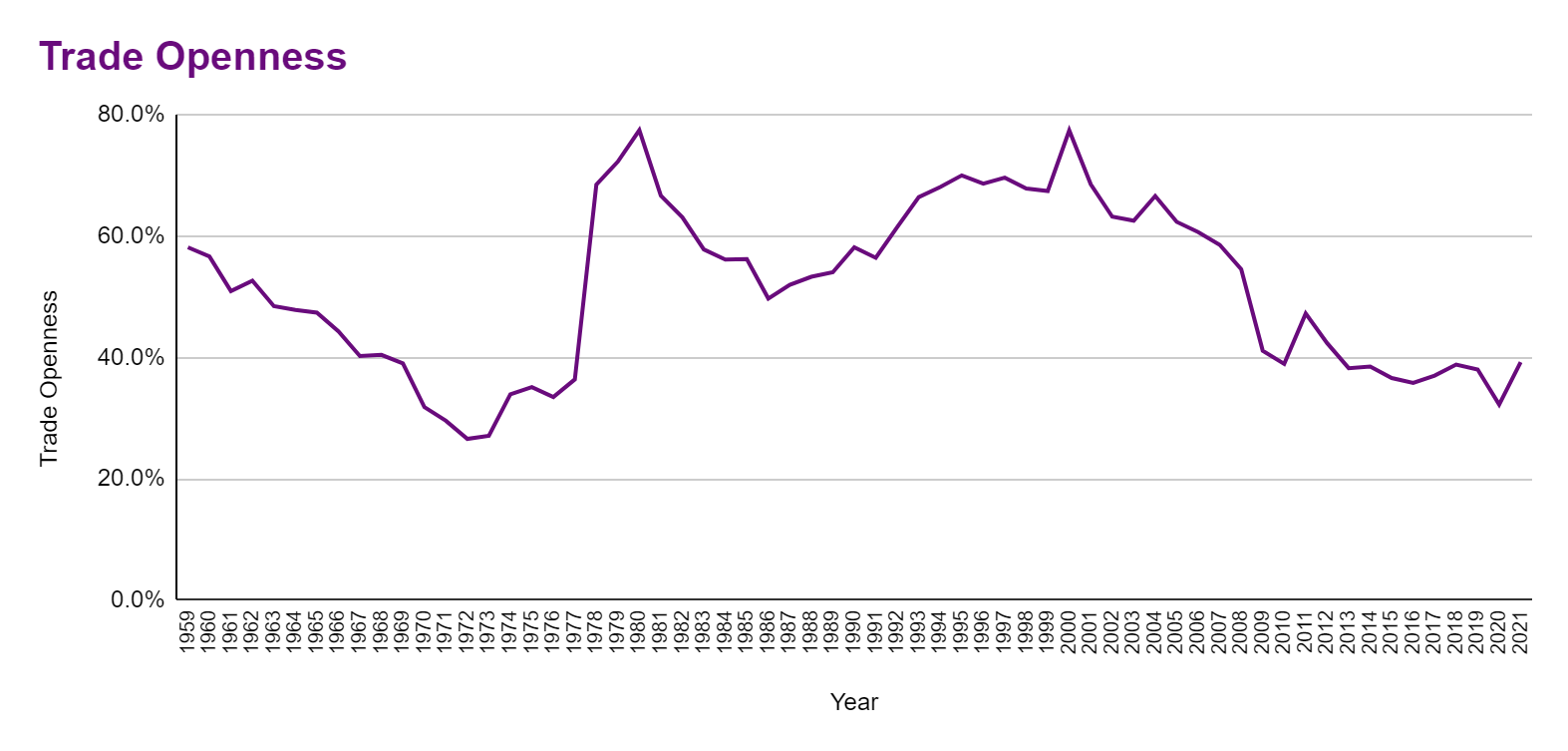By Dhananath Fernando
Originally appeared on the Morning
Fuel prices and fuel price revisions have always been a political football. Statements by various politicians on the taxes imposed on fuel and the scope for reducing fuel prices have come under renewed scrutiny with the 31 October price announcements.
Adding to the confusion, a statement by the Ceylon Petroleum Corporation (CPC) Chairman – that the CPC must compensate for the losses of other players if deviating from the price formula – has sparked fresh controversy. It’s essential to unpack these issues one at a time.
According to Central Bank data, we imported approximately $ 1.5 billion in refined petroleum and $ 0.5 billion in crude oil in the first half of the year. Assuming demand and prices remain steady, total fuel imports this year will be around $ 4 billion.
About 70% of fuel is consumed by the top 30% of high-income earners in Sri Lanka who can actually afford higher fuel prices. Naturally, energy consumption rises with income, as wealthier households use personal vehicles, high-energy appliances, and consume more overall. Only 30% of the total fuel is consumed by the remaining 70% of the population, which includes fishermen, public transport users, and service providers.
Thus, if we artificially lower fuel prices through a subsidy, it effectively subsidises the wealthiest families in Sri Lanka. While a low-tax regime might be ideal, given our fiscal situation and the International Monetary Fund (IMF) programme, Government revenue must increase to about 15% of GDP. Lowering fuel taxes would thus provide tax relief to the wealthiest 30% of households and incentivise excessive fuel consumption.
Imperative to adhere to fuel formula
Instead of being swayed by popular demands to reduce fuel prices, especially with rising tensions in the Middle East, the Government should first review its balance sheet to ensure adequate revenue with minimal market distortions to achieve debt sustainability.
If the Government aims to lower fuel prices for the public transport and fisheries sectors, the best approach would be a direct cash transfer rather than lowering all fuel prices, which would mitigate the impact of high fuel prices on essential goods and services.
It is imperative that we stick with the fuel formula and strengthen it if necessary. Unfortunately, there is limited information regarding the recent controversy over agreements between fuel suppliers on price revisions. If, as the Chairman claims, there is a clause to compensate private players for losses, this would be unreasonable if true.
In the absence of the full report, the only available information is a post on X from the former Minister of Power and Energy, who claims the CPC only pays the difference when the Government provides a subsidy or other mechanism to deviate from the price formula. In fairness to private players, if only the CPC receives a fuel subsidy, it creates an unlevel playing field, as petrol and diesel would be cheaper at CPC stations than at private ones.
Although the subsidy benefits consumers, it primarily benefits the wealthiest 30%, and rising demand could drastically increase the total subsidy cost for the Government. Therefore, a fuel subsidy is not advisable, as it essentially transfers Treasury funds to the wealthiest households in Sri Lanka.
Another issue has arisen: one supplier has reportedly requested about Rs. 82 million as compensation for deviations from the fuel price formula. It is difficult to assess this claim fully, as the original documents are not publicly available, but if true, it raises questions about whether recent price revisions adhered to the formula.
In particular, price adjustments before and after the elections require examination. Data on whether the September and October price revisions complied with the formula has also not been published; making this information available would reduce information asymmetry, essential for a functioning market economy.
Providing consumers with the best price
A further question is whether only a Government-owned CPC can reduce prices, and why prices are not decreasing with private players like Lanka IOC, Sinopec, RM Parks, and United Petroleum in the market.
The answer is not straightforward. The CPC is already heavily in debt, with high financing costs that must be covered. Moreover, prior to the latest revision, Sinopec’s diesel prices were actually lower than others, illustrating how competition can bring prices down.
However, prices depend on global crude and refined oil rates, and sometimes on the efficiency of refineries. When a price formula is in place in a small market, players often charge similar prices, but more competitors could introduce value propositions, including price variations based on global fluctuations.
For example, Lanka IOC offered an environmentally friendly fuel at a higher price, while Sinopec sold diesel at a lower price. To remain competitive, each player must offer something unique, which may not always be a lower price but can include quality or convenience.
The final point is that the new administration has requested a flat dealer margin instead of a percentage tied to global fuel prices, which is a positive move. Dealer costs are mainly influenced by inflation rather than global prices. The purpose of the price formula is to account for both variable and fixed costs to prevent losses and provide consumers with the best price.
In a market system, the consumer is at the centre. To prioritise consumer needs, we must ensure multiple players and transparency in pricing to minimise information asymmetry. Publishing the final fuel price revision calculations for the past two months and the full price revision agreement with private players would be a constructive first step.



